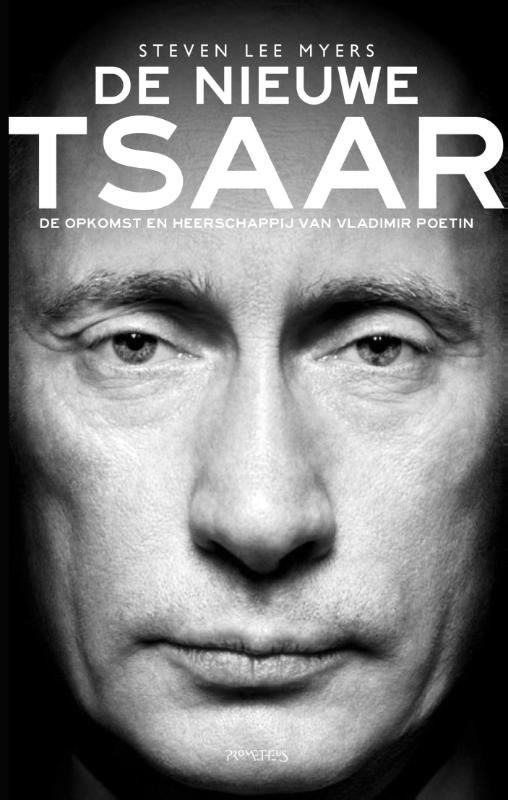


These days, governors, mayors and presidents of many of Russia’s regions and republics are appointed, as are many members of the Duma, Russia’s parliament. The Arab Spring intensified Putin’s “dark association … between aspirations for democracy and the rise of radicalism, between elections and the chaos that would inevitably result.” wanted “to dictate its terms to the rest of the world.” Putin’s interventions in Georgia and the Ukraine, Myers suggests, were designed to reconstitute Russia’s hegemony in its sphere of influence and re-establish its status as a world power. But the war in Iraq convinced him that the U.S. In the first years of his term, Myers reminds us, Putin sought amicable relations with the United States and NATO. The Russian electorate strongly supported the way Putin conducted the war in Chechnya, and they elected him president of Russia. A little-known, seemingly colorless functionary who always seemed to be at the right place at the right time, Putin became prime minister of Boris Yeltsin’s disintegrating administration. Myers describes Putin’s slow and steady rise. Putin “did what he did, on his own,” Myers claims, perhaps unfairly, “because the people had ‘entrusted’ him to rule, to be the ultimate leader, the tsar of a simulated democracy.” He became a formidable adversary to anyone, inside or outside Russia, who dared to oppose him. Appealing to the nationalist pride of the military and a large percentage of the population (without embracing the Communist ideology they repudiated), Putin built popular support and boosted morale. Myers portrays Putin as clever, calculating and coldblooded.

In “The New Tsar,” Steven Myers, a New York Times reporter who spent seven years in Russia, sets his informative and judicious biography of Putin in the context of this anti-democratic drift. In actual fact … that iron fist would very quickly begin to strangle us.” “It seems to all of us - and I will admit, to me sometimes as well - that by imposing strict order with an iron fist, we will all begin to live better, more comfortably, more securely. The danger lay “in the mentality of our people,” Putin claimed. He warned, however, that a turn toward totalitarianism was possible. Petersburg, portrayed himself as a democrat. Not long after the collapse of the Soviet Union, Vladimir Putin, a former KGB agent and an aide to the mayor of St.


 0 kommentar(er)
0 kommentar(er)
